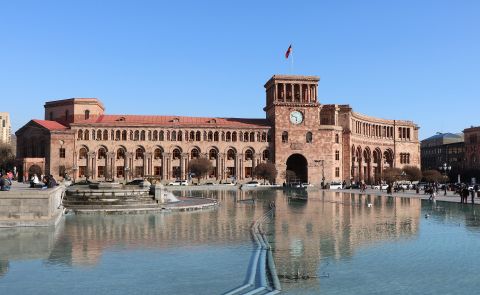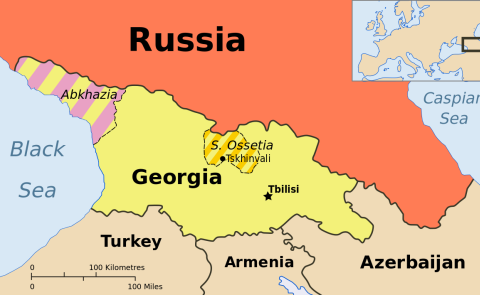
Ararat Mirzoyan Speaks on New Opportunities in the Region
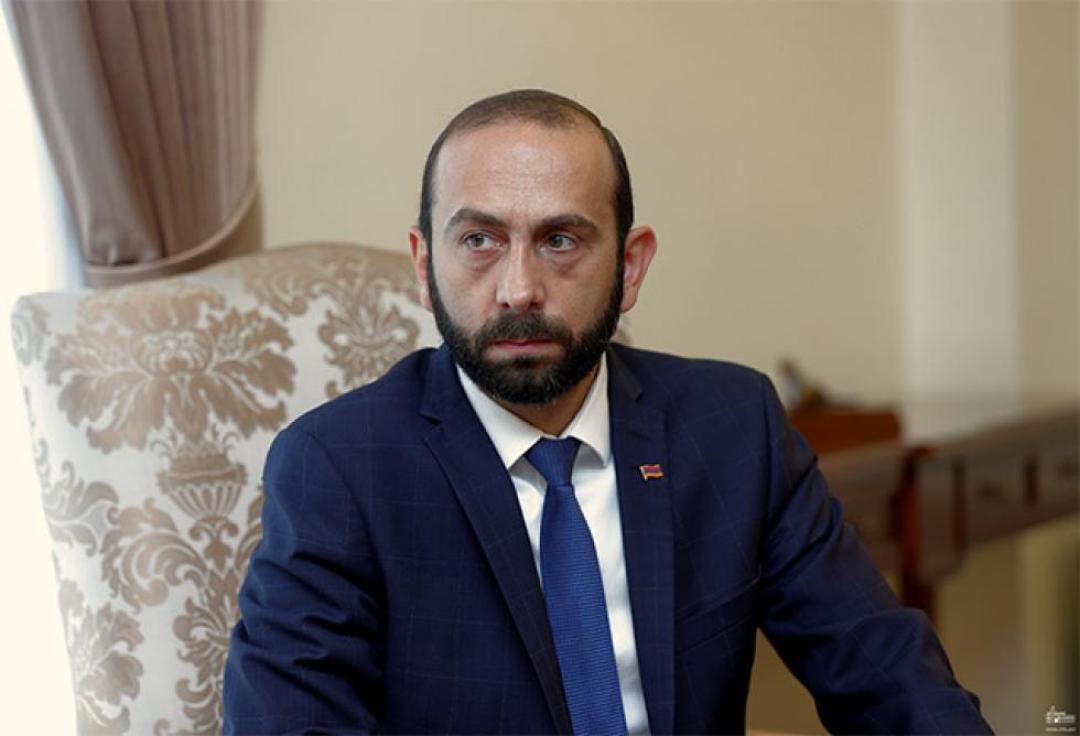
On November 3, Ararat Mirzoyan, Minister of Foreign Affairs of Armenia, presented a report to the joint meeting of the Standing Committees of the Armenian Parliament on Foreign Relations and on Financial Credit and Budgetary Issues.
Commenting on the recent exodus of Karabakh Armenians, Mirzoyan noted: "Of course, the ethnic cleansing that took place in Nagorno-Karabakh, the forced expulsion of the Armenian population cause great complications. Objectively, complications arise in our main agenda, the main foreign policy issue, which is to ensure a stable security environment around the Republic of Armenia. If we specify how it should be done, it is our peace agenda and the establishment of at least peaceful, stable and at best close cooperative or friendly relations with the four neighbours of the Republic of Armenia. We firmly believe that this is the environment in which the Republic of Armenia can and will have a chance to ensure its continued existence and development".
Speaking about the new opportunities in the region, the Armenian Foreign Minister emphasised: "We are talking about threats, but I would also like to point out that there are also enormous, tangible opportunities. But I would like to repeat that this is the only way, the way of peace. Well, we had high hopes that a big step in this direction would be taken recently in Granada. Unfortunately, the President of Azerbaijan did not consider it necessary, convenient or appropriate to participate in that meeting. However, a quadrilateral meeting was held in Granada and the results of the meeting resulted in a document signed by the four leaders, which broadly reflects the foundations, directions and guidelines for peace, a lasting and dignified peace, including a peace treaty".
Commenting on the demarcation process with Azerbaijan, Mirzoyan said: "We have agreed, and there is an international perception about it, that a demarcation process should take place between the Republic of Armenia and Azerbaijan. The second principle here is that the demarcation process and the further demarcation process should be based on the latest, legal, legitimate maps from the Soviet period. First of all, this is the 1974-78 set of maps, whose conventional name is usually 1975. And in principle, on the basis of the borders that existed at the time of the collapse of the Soviet Union".
Speaking about the normalisation of relations with Turkey, he noted: "The process of settlement between the Republic of Armenia and Turkey is also very important for us. You know that recently, a few days ago, I met the Turkish Foreign Minister in Tehran. I also met the former minister before that. I would like to express optimism by saying that at least our agreement on the opening of the Armenian-Turkish interstate land border for a special group of people, that is, for citizens of the Republic of Armenia and Turkey who have diplomatic passports, and also for all citizens of third countries, for those who wish to cross from one country to another for various purposes, we will open the border for this group of people first and then continue the discussion. I would like to express my optimism that we will soon have some good news here. Again, we are interested in having at least an orderly relationship with our 4 neighbours".
See Also

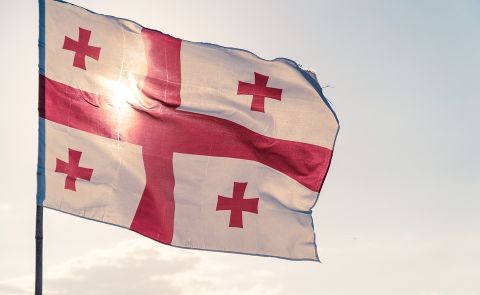
Georgian Bishop Accuses Government Official of Plotting Assassination; Opposition Leader Alleges Husband’s Abduction
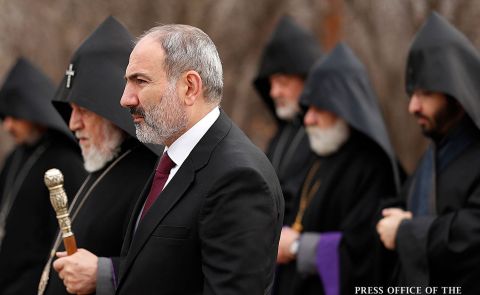
Armenian Government and Church Face Growing Tensions Over Leadership Allegations
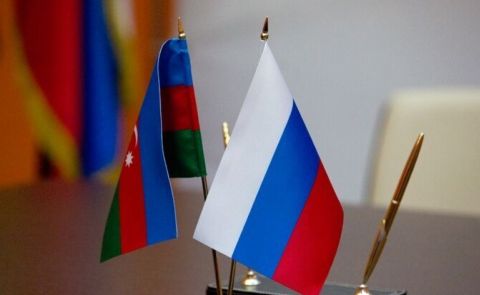
Tensions Rise Between Russia and Azerbaijan Over Medinsky’s Ukraine Conflict and Karabakh Remarks
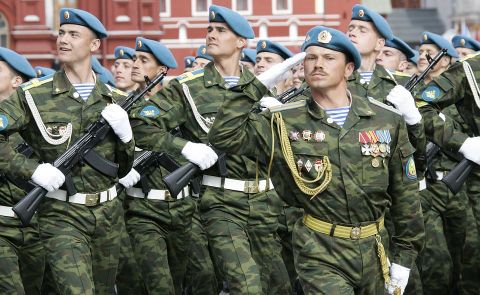
Chechen Official Outlines Conscription Rules for Russia-Ukraine War
